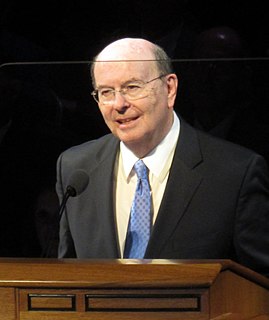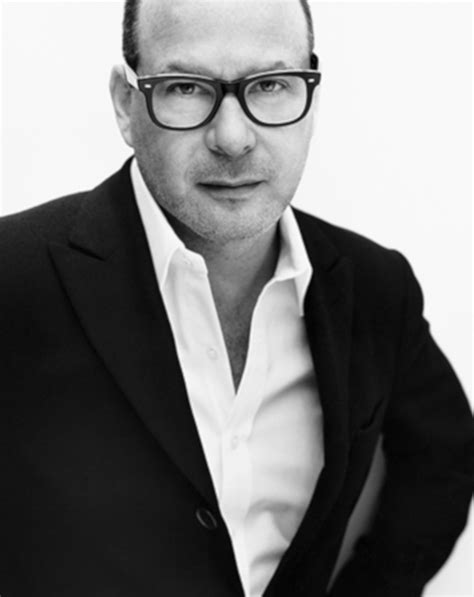A Quote by Muhammad Yunus
One day our grandchildren will go to museums to see what poverty was like.
Related Quotes
I strongly believe that we can create a poverty-free world, if we want to.... In that kind of world, [the] only place you can see poverty is in the museum. When school children will be on a tour of the poverty museum, they will be horrified to see the misery and indignity of human beings. They will blame their forefathers for tolerating this inhuman condition to continue in a massive way.
The next 15 years will see thousands of people leave the atmosphere on suborbital flights. My company's SS2 system might fly 100,000 people by 2024. If it is shown to be highly profitable, perhaps we will see 20,000 people traveling to orbit by 2035, and then thousands to the moon by 2050. If we make a courageous decision, like the program we kicked off for Apollo, we will see our grandchildren in outposts on other planets.

































